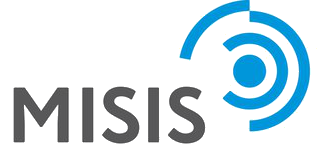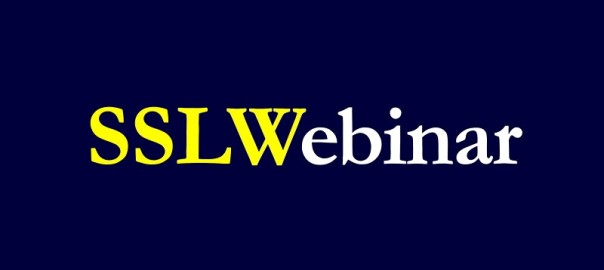Academic Writing University Center (NUST MISiS) in cooperation with the Association of Academic Writing Experts “National Writing Centres Consortium” and English Language Office (ELO) by U.S. Embassy in Moscow offers free online course Academic Writing and Rhetoric.
This class will focus on developing essential academic reading, writing, and public speaking skills primarily for graduate and post-graduate students and faculty. REGISTER NOW
Course start: September 09, 2020
Duration: 9 weeks
Class time: Wednesday 17:00 – 19:00
Online platform: Zoom
Course Description: This class will focus on developing essential academic research, reading, and writing skills primarily for graduate and post-graduate students and faculty. Participants will develop research, reading, and writing skills needed to be successful in an academic and professional environment. A variety of materials will give the students the opportunity to analyze and comment on written examples, generate their own exercises, improve their own original work, and prepare academic presentations. The class is designed to meet the needs and demands placed on scholars and faculty to read, write, and present formal, research-based academic material.
Prerequisites:
Students who wish to enroll in this intensive, 8-week course must demonstrate the following:
- ability to write a research paper in their field of study
- high level critical thinking skills to comprehend, analyze, evaluate, and respond to complex texts
- vocabulary knowledge and ability to pick up context clues to make inferences
- understand the main ideas and details of complex academic listening sources
- take organized notes on academic lectures
- communicate accurately and fluently using effective presentation skills on academic topics and participate in active discussions
Objectives:
Participants will be able to:
- Develop and apply research strategies to determine validity and academic rigor of source material.
- Expand academic vocabulary to increase class participation and comprehension of academic texts at the graduate level.
- Employ various reading and writing strategies to improve comprehension and expression for academic purposes at the graduate and post-graduate level.
- Evaluate and produce clear, well-structured and complex academic texts.
- Create and deliver presentations of academic material.
- Use online and campus academic resources and support services.
Successful Completion:
Students will be awarded a certificate of completion when they meet/fulfill the following requirements:
- Complete all writing assignments as scheduled on the syllabus (1 Short Article Summary; 1 five-source annotated bibliography; 1 Article Critique).
- Actively participate in classroom discussions when we meet via Zoom and in Discussions on Google (details will be provided in the syllabus).
- Complete one audiovisual presentation using PowerPoint, Slides, Prezi, or any similar online presentation platform via Zoom, Google, or other similar platform (details will be provided in the syllabus).
- Maintain satisfactory attendance in Zoom at or above 75%.
***Additional course objectives and specific assignments will be posted on Google Classroom***
Instructor: Leticia Medina

Email: leticiamedinatx@gmail.com
Leticia Medina is a doctoral fellow at the University of Texas at San Antonio (UTSA) in Texas, where she has also been a Lecturer in the Writing Program and an instructor in the English for International Students (EIS) program. Leticia’s teaching experience encompasses instruction in academic writing as well as teaching World and British literature. Most recently, Leticia taught Advanced English for Academic Purposes to international PhD students from a number of foreign countries, including India, Iran, Bangladesh, México, Brazil, China, Russia, and Angola, among others.












